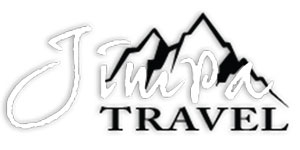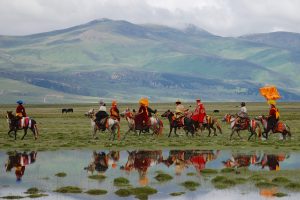Jimpa: “Jimpa Travels started in 2007. As we are Tibetan, we are able to give you an authentic Tibetan experience, making sure you see the important sights along with seeing the real people of Tibet.
The traditional Tibetan way of environmental protection
Our company acts as a medium between two very different forms of ecological responsibility. We believe that it is very important to bring together the newer Western ideas of environmental protection and the traditional way Tibetans have lived respectful of nature for thousands of years. We specialize in soft-trekking, horse trekking, and home-stays with monks, farmers, and nomadic families in remote areas of Eastern Tibet (Amdo and Kham).
Learning from each others ways of life
We operate where we have personal family connections and can work with interested locals, and we believe this gives our clients more meaningful and truth experience. Our business is not only to guide clients and through a foreign environment, but also to involve clients and locals in each other’s traditions and way of life. Also helping local communities profit though their traditional hand made products and culture, we encourage them to keep their traditions and environment. We also encourage locals to have pride in learning from and teaching clients, and this really is what makes our company different.
We primarily promote trekking and home-stay instead of everyday motor touring, our product is very much ecotourism. Our clients often comment that the nomadic people have a great deal to teach the rest of the world about responsible ecological practices!
Nomad schools
We often invite clients to classes at nomad schools on their paticular expertise. We also bring pens,paper,books and sports equipment to students. We always spread knowledge of health and sanitation, and we see the home-stay tourism as beneficial to impoverished locals.
We always bring a client into an area, explaining what the local products are, encouraging them to buy these if they want. We visit homes, even if not for a home-stay, and hold question and answer, after which we pay them for their time. We buy supplies locally. We use locals for field staff.
Learning local etiquette
Providing cultural information is the most important part of our company’s job, and we think that the way we do it definitely encourages local people to preserve their culture. Our guides must have not only detailed knowledge of Tibetan culture but also explain it well. This inspires the same feeling in clients, making them also care about preserving plateau culture.
It is very important to teach clients local customs before their arriving in a local area. Clients can not be expected to know how offensive simple actions can be like stepping over stoves or baby’s clothing or pointing at relics or kissing in public.
We have practices in place for preserving the environment, and both spreading and increasing environmentally responsible behavior. We see it as our duty also to spread our knowledge to the local population. For example, we explain to nomads that plastic requires up to hundred years to get disappear. We do not allow clients to wash their hands in rivers but carry the water to camp so we can protect the water and the river’s edge during the trekking or at anytime.
Yak dung cooking
We minimize the use of cars and camp stoves by encouraging trekking and home-stay instead of motor tours and camping. We also use traditional methods for cooking, like collecting and cooking over yak dung, which is readily available and has been a part of the Tibetan ecosystem for thousands of years.
We always collect our rubbish, carrying out and transporting it back to the cities where there are proper garbage box. It is our duty to always inform nomads or other locals that it is necessary to properly discard waste.”
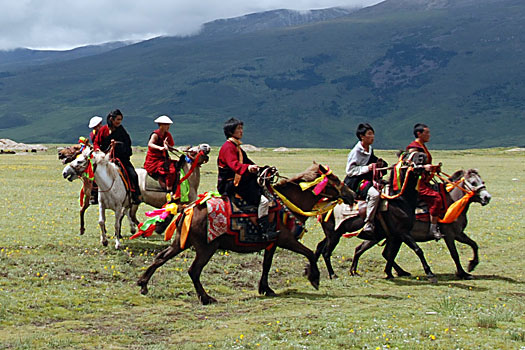
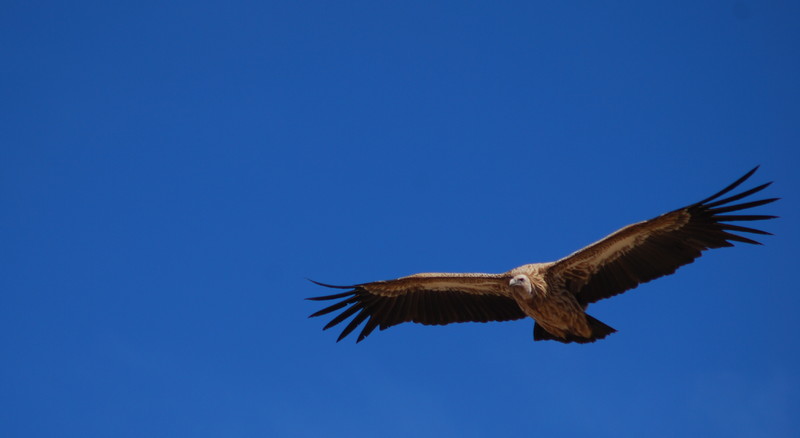
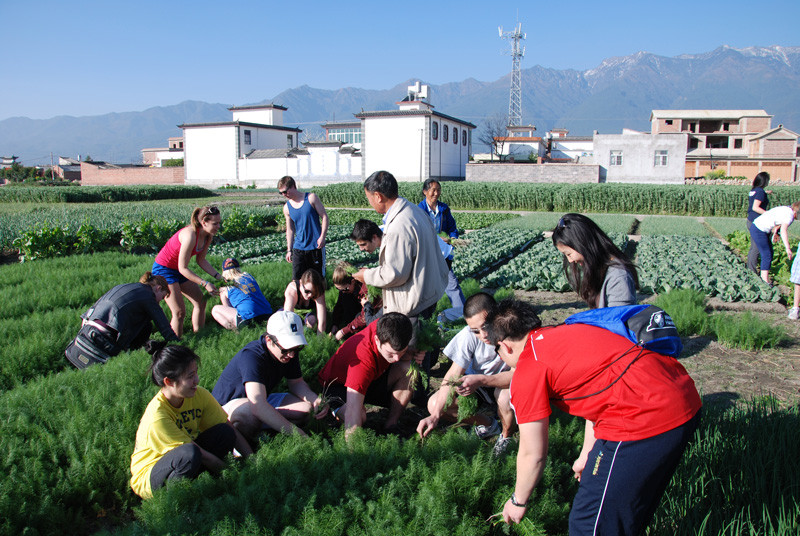
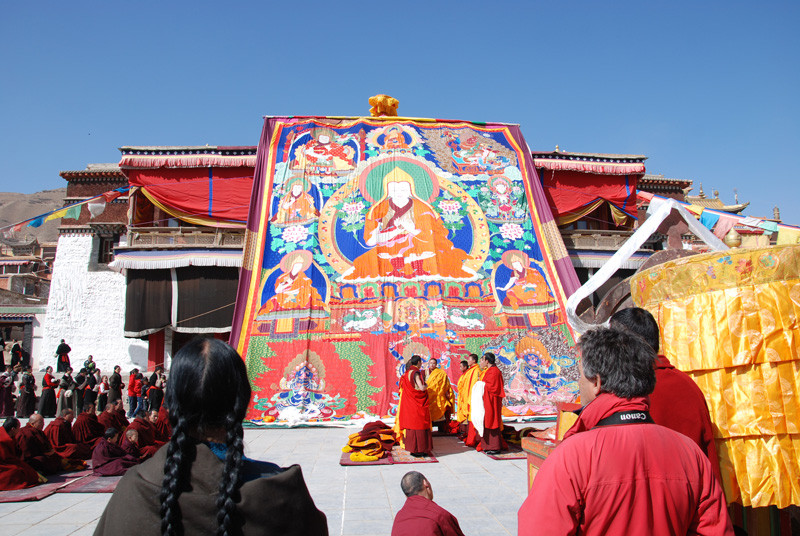
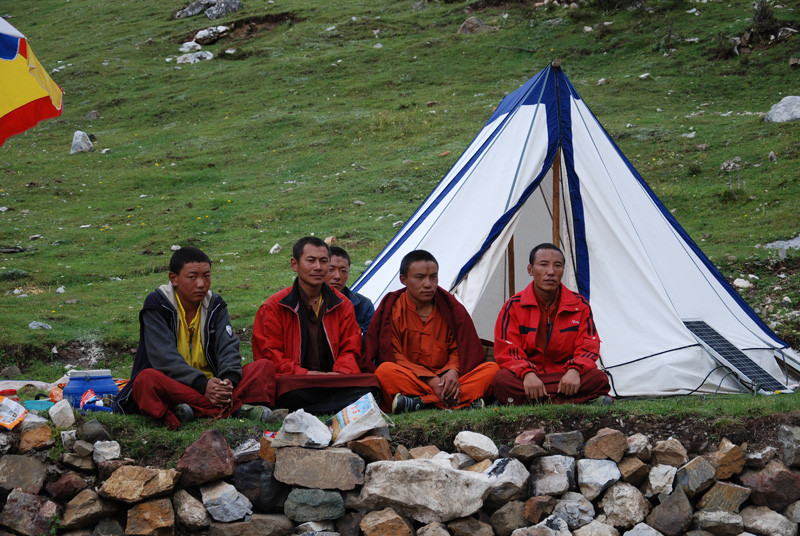
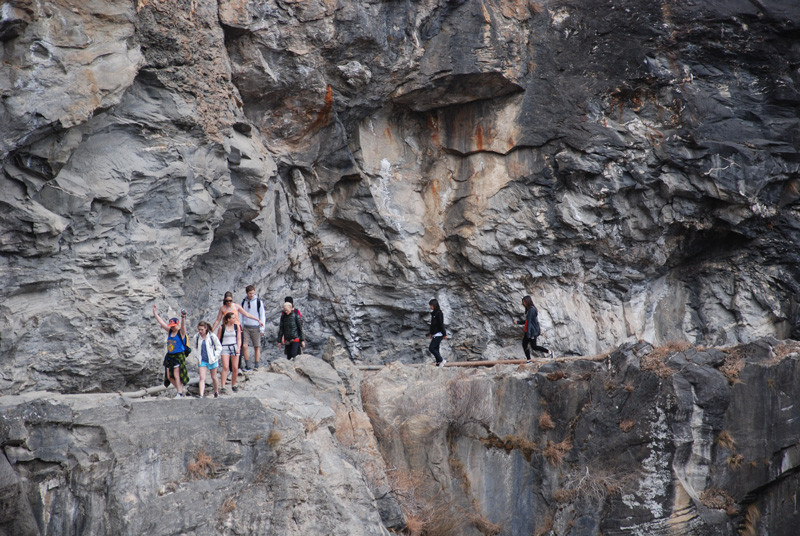
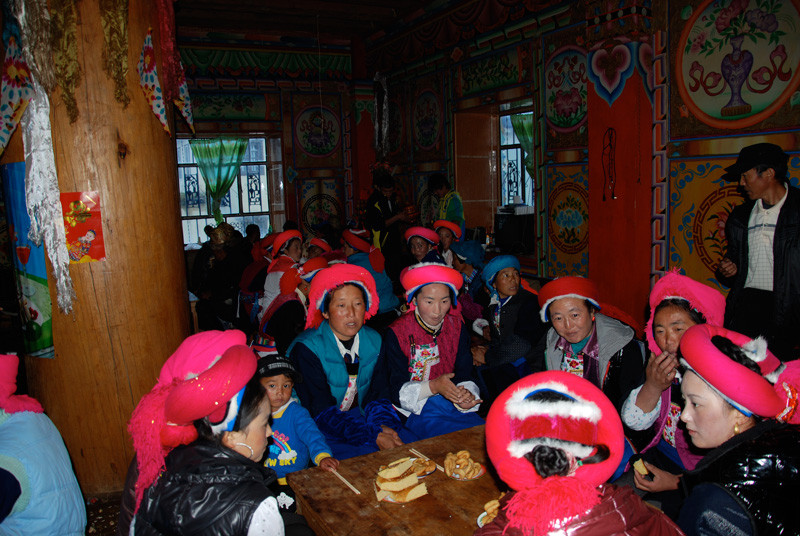
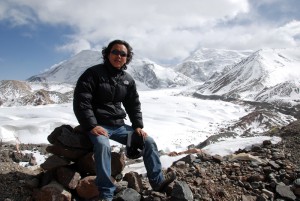 Jimpa was born in a Tibetan village in North-Eastern Tibet, which is now in the present-day state of Qinghai. As a young teenager he became a monk in a local monastery, where he learned about monastic life and more about Tibetan Buddhist philosophy.
Jimpa was born in a Tibetan village in North-Eastern Tibet, which is now in the present-day state of Qinghai. As a young teenager he became a monk in a local monastery, where he learned about monastic life and more about Tibetan Buddhist philosophy.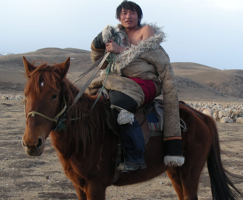 Rabga was born in a nomadic family near Amdo Taktsang Lhamo. When he was 7 years old, he went to school in his village for 6 years then he became a shepherd and looked after his yaks and sheep on the grassland. In the winter of 2000, he went to Lhasa to study Tibetan, Chinese and English in a private school and from 2004 to 2007, he studied at Gansu Foreign Language Study School. Since 2008, he has been a tour guide and takes tour group all over Tibetan areas especially Kham and Amdo areas.
Rabga was born in a nomadic family near Amdo Taktsang Lhamo. When he was 7 years old, he went to school in his village for 6 years then he became a shepherd and looked after his yaks and sheep on the grassland. In the winter of 2000, he went to Lhasa to study Tibetan, Chinese and English in a private school and from 2004 to 2007, he studied at Gansu Foreign Language Study School. Since 2008, he has been a tour guide and takes tour group all over Tibetan areas especially Kham and Amdo areas. 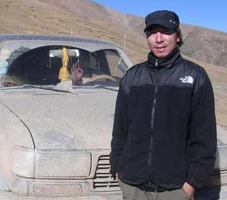 Dorjee, was born in Amdo, Eastern Tibet. When he was 8 years old, he started going to primary school near his native village, where he attended for six years.Then he attended Wendo middle school. Then he went to Kyikor Monastery to be a monk. While he was in that monastery, he studied Tibetan language, Tibetan history, and Buddhist philosophy for a few years. In 2002 he went to Lhasa and studied English for 4 years. From 2006 he started to become a tour guide in Tibet. Since then he has been taking tour groups to Kham, Amdo and Lhasa area and he has become of the best Adventure Guide on the Tibetan plateau . He speaks the three main dialects of Tibetan: Amdo, Kham and Lhasa.
Dorjee, was born in Amdo, Eastern Tibet. When he was 8 years old, he started going to primary school near his native village, where he attended for six years.Then he attended Wendo middle school. Then he went to Kyikor Monastery to be a monk. While he was in that monastery, he studied Tibetan language, Tibetan history, and Buddhist philosophy for a few years. In 2002 he went to Lhasa and studied English for 4 years. From 2006 he started to become a tour guide in Tibet. Since then he has been taking tour groups to Kham, Amdo and Lhasa area and he has become of the best Adventure Guide on the Tibetan plateau . He speaks the three main dialects of Tibetan: Amdo, Kham and Lhasa. 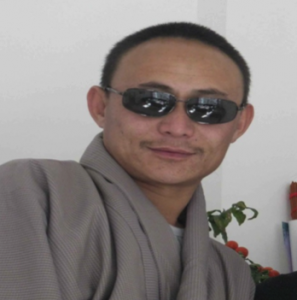 Jam Yang: Tibetan, was born in 1977 in Eastern Amdo. Jam Yang has more than ten years excellent tour guide experience and eight years tour operator experience. He has a great knowledge of Tibetan Buddhist history and society. He is an exceptionally well-organized individual who has the capacity to handle many tasks at one time. He excels at finding the lowest fares and best routings for clients. He is the back-bone of Tibet Kailash Expedition Travel with extensive knowledge in Tibet travel..
Jam Yang: Tibetan, was born in 1977 in Eastern Amdo. Jam Yang has more than ten years excellent tour guide experience and eight years tour operator experience. He has a great knowledge of Tibetan Buddhist history and society. He is an exceptionally well-organized individual who has the capacity to handle many tasks at one time. He excels at finding the lowest fares and best routings for clients. He is the back-bone of Tibet Kailash Expedition Travel with extensive knowledge in Tibet travel.. 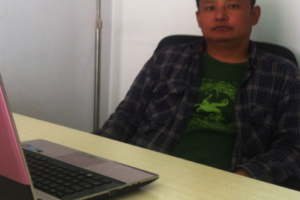 Duker Tsering was born in a Golok nomad family in Amdo of great Tibet, at the foot of Mt. Amnye Machen, He went to the Labrang Monastery and worked as a part time tour guide to help Westerners to know Tibetan culture where he met Americans, British and people from the West. Of course, middle school English was never good enough to communicate. Duker had to study English by himself and practiced with travelers. The Labrang Monastery is one of the six most important monasteries of Gelekpa school (Yellow hat sect ) in whole Tibetan area. Besides English, Duker had thoroughly studied Tibetan Buddhism, history, and culture. His knowledge of Tibet enables him to provide information even to those demanding Tibetan scholars from the West.
Duker Tsering was born in a Golok nomad family in Amdo of great Tibet, at the foot of Mt. Amnye Machen, He went to the Labrang Monastery and worked as a part time tour guide to help Westerners to know Tibetan culture where he met Americans, British and people from the West. Of course, middle school English was never good enough to communicate. Duker had to study English by himself and practiced with travelers. The Labrang Monastery is one of the six most important monasteries of Gelekpa school (Yellow hat sect ) in whole Tibetan area. Besides English, Duker had thoroughly studied Tibetan Buddhism, history, and culture. His knowledge of Tibet enables him to provide information even to those demanding Tibetan scholars from the West.